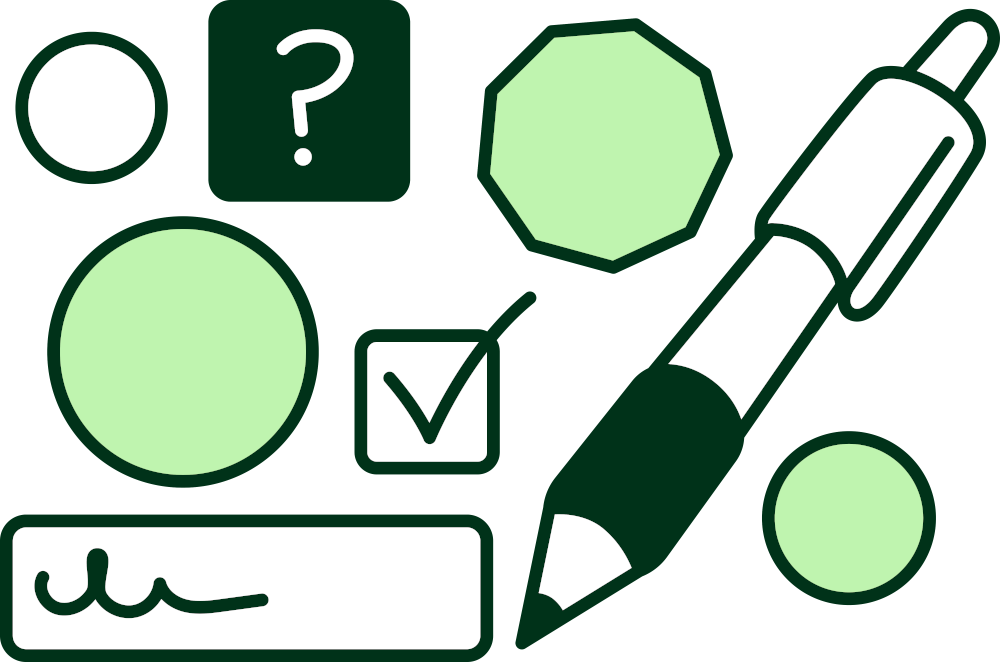What is a benefit overpayment?
A benefit overpayment is money you owe because you have been paid too much benefit.
The Department for Work and Pensions (DWP) handle overpayments of benefits like Income Support and Jobseeker’s Allowance.
This summary gives advice on dealing with overpayments of the following DWP benefits:
- Income Support
- Jobseeker’s Allowance (JSA)
- Employment and Support Allowance (ESA)
- Personal Independence Payment (PIP)
- Disability Living Allowance (DLA).
It does not cover DWP overpayments of:
- Universal Credit
- New Style Jobseekers’ Allowance
- New Style Employment and Support Allowance.
For further information on benefit payments under the Universal Credit system see our full guide.
Why do overpayments happen?
Overpayments happen for several reasons. For example:
- The benefits office made a mistake.
- You have given incorrect information.
- Your circumstances changed and you did not tell the benefits office.
The DWP can ask for the money back if you gave wrong information, even if it was a mistake.
You should not be asked to repay an overpayment caused by a DWP mistake.
What can I do if I think the DWP has made a mistake?
You can appeal if the DWP says you have been overpaid, or if you don’t agree with the amount of the overpayment. You should ask for a mandatory reconsideration within one month of being told about the overpayment.
Fraud
If you did not give information, or deliberately said something that wasn’t true, the DWP may say you have committed fraud. If you are accused of fraud, seek specialist benefits advice as soon as possible.
Can the DWP write off the overpayment?
The DWP can agree to write off the overpayment. This is rare and they only do this when getting the money back will result in serious welfare issues for you or your family.
How does the DWP get the money back?
- The DWP may take the overpayment from your benefits. This depends on what sort of benefits you receive, and what benefit was overpaid.
- Overpayments can be recovered from your wages with a direct earnings attachment. The DWP will tell you and your employer how much will be deducted. You should not be left with less than 60% of your net earnings.
- The DWP may take you to court to get a county court judgment (CCJ). This usually happens only if you are no longer claiming benefits and you cannot agree a repayment plan.


